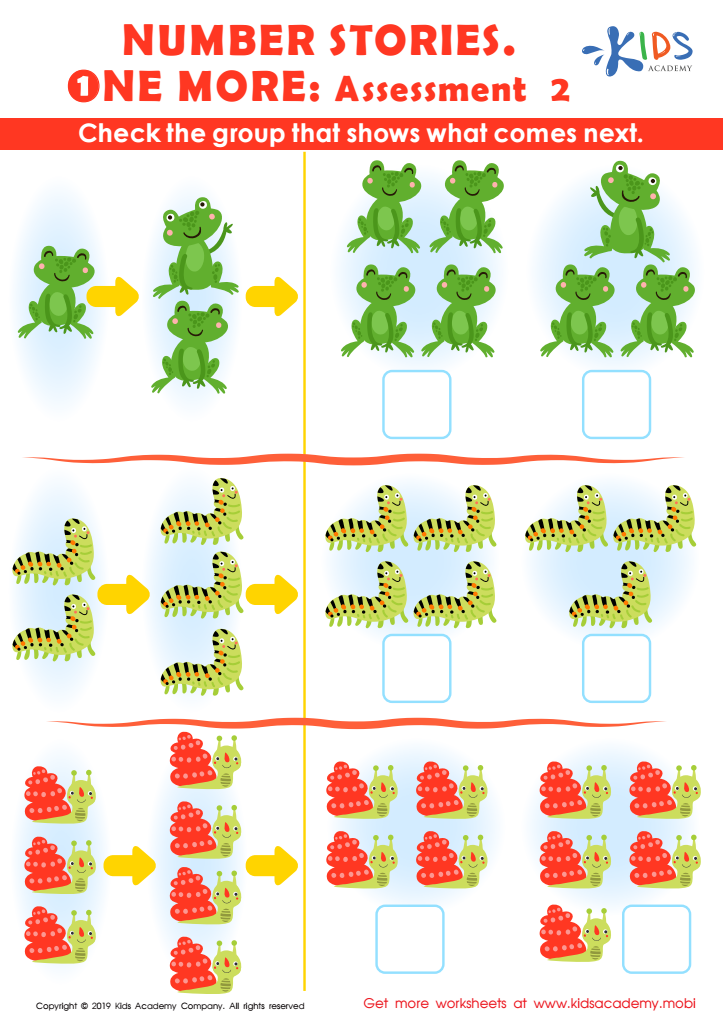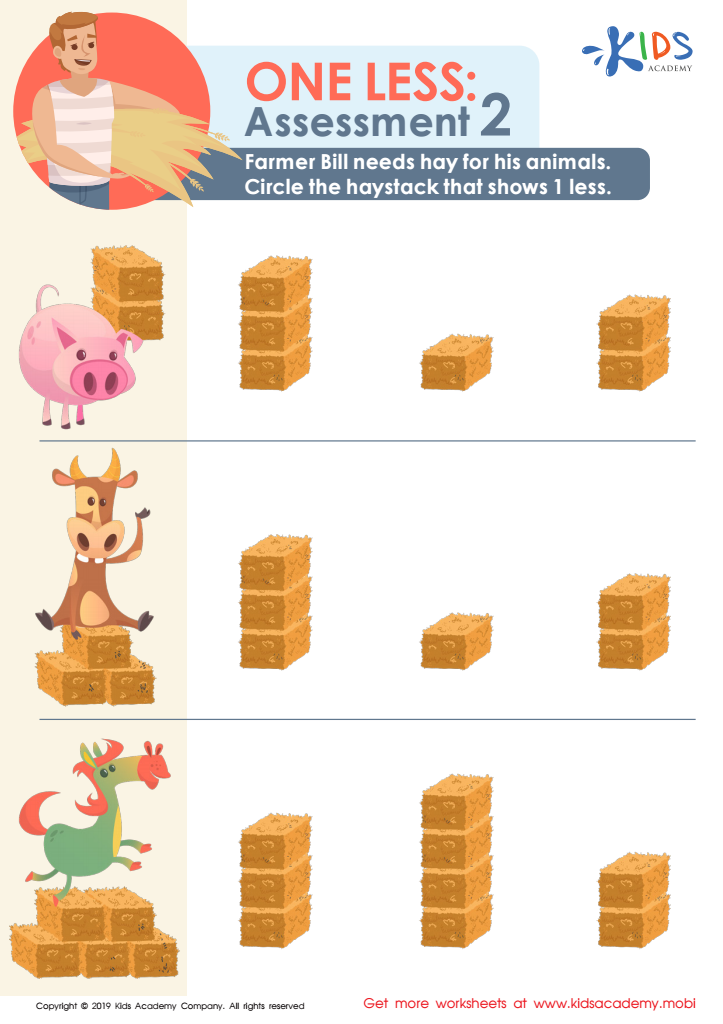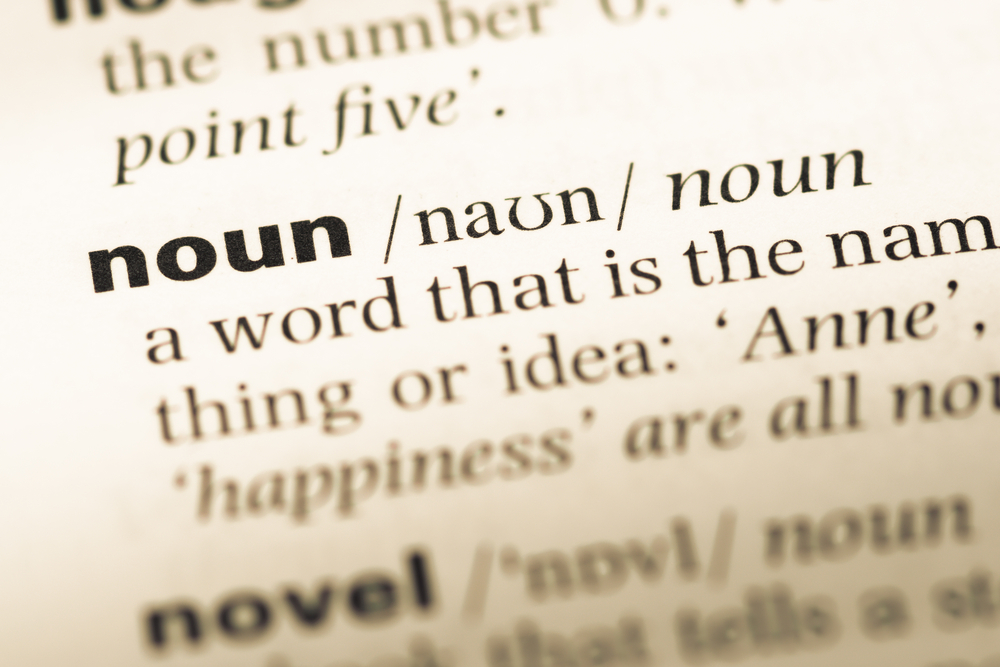Counting worksheets activities for 3-Year-Olds
2 filtered results
-
From - To


Number Stories One More – Assessment 2 Worksheet


One Less: Assessment 2 Worksheet
Counting worksheets activities are a foundational pillar in the learning journey of young minds, playing a pivotal role in developing not just their mathematical skills but also enhancing cognitive abilities such as memory, attention, and reasoning. These activities serve as the building blocks for more complex mathematical concepts, making them an indispensable tool in the educational toolkit.
Firstly, counting worksheets activities introduce children to the world of numbers in an engaging and interactive manner. By integrating fun elements, these activities transform learning from a monotonous task into an enjoyable experience, fostering a positive attitude towards mathematics from an early age. This positive association is crucial as it lays the groundwork for a lifelong interest in the subject.
Moreover, these activities are instrumental in sharpening a child’s numerical skills. They offer a hands-on approach to understanding the sequence of numbers, recognizing patterns, and grasping the fundamental principle that each number represents a specific quantity. Through repeated practice, children develop accuracy and speed in counting, which are vital skills in performing basic arithmetic operations such as addition and subtraction.
Counting worksheets activities also enhance problem-solving skills. As children progress through various levels of difficulty, they encounter challenges that require them to think critically and apply what they have learned in new and unfamiliar contexts. This not only reinforces their counting skills but also encourages them to develop strategies for solving problems, a skill that is invaluable in all areas of life.
Furthermore, these activities are highly adaptable, catering to the individual learning pace and style of each child. Whether it's through visual aids, manipulatives, or interactive digital platforms, counting worksheets can be customized to meet the diverse needs of learners, ensuring that every child finds joy and success in the learning process.
In conclusion, counting worksheets activities are far more than just exercises in memorization. They are a comprehensive tool that nurtures the mathematical, cognitive, and problem-solving skills of young learners, setting a strong foundation for their future academic and personal success.
 Assign to the classroom
Assign to the classroom












